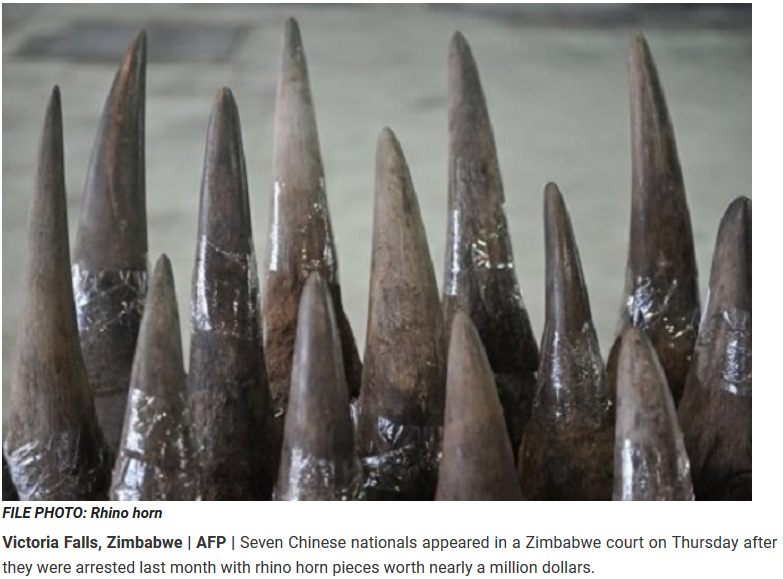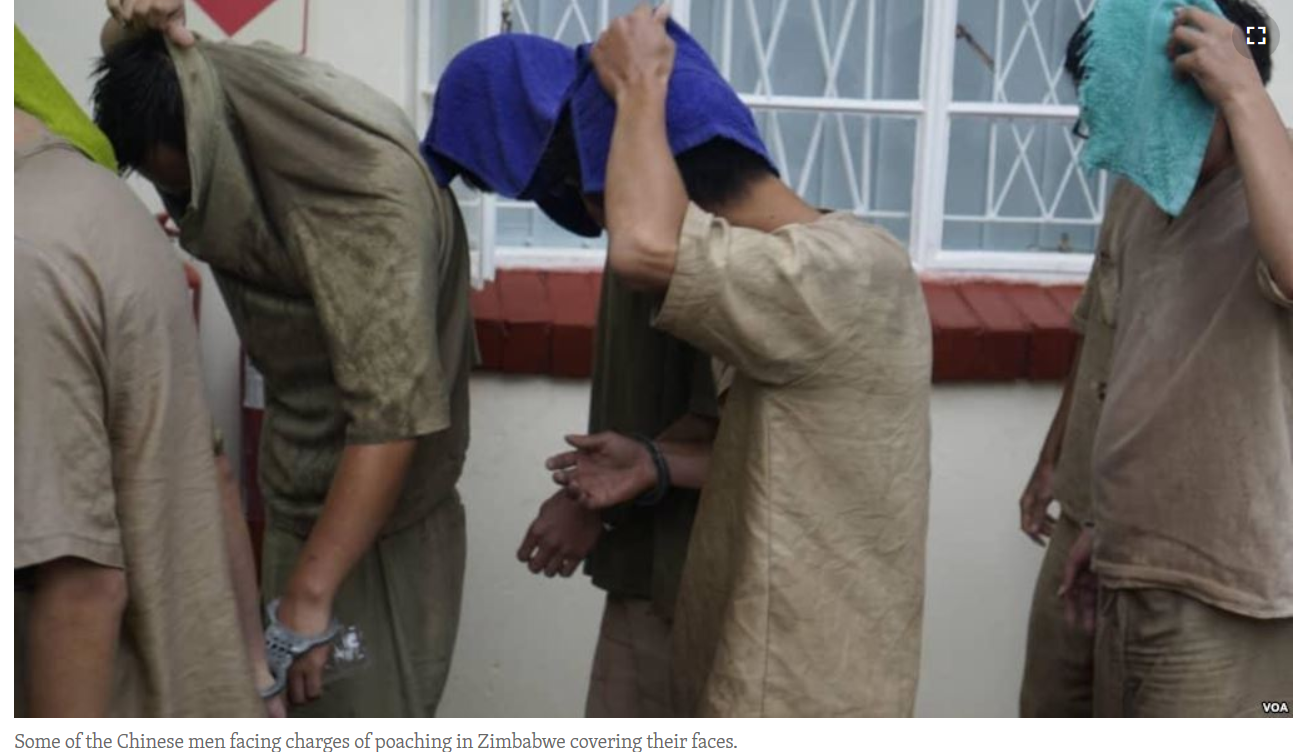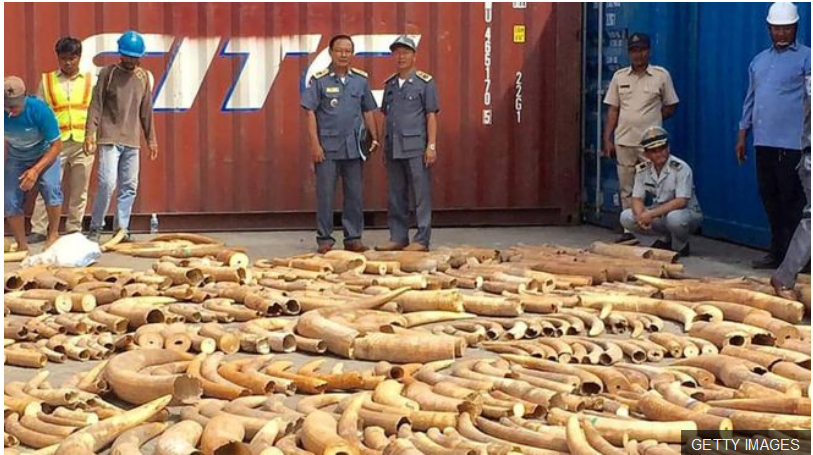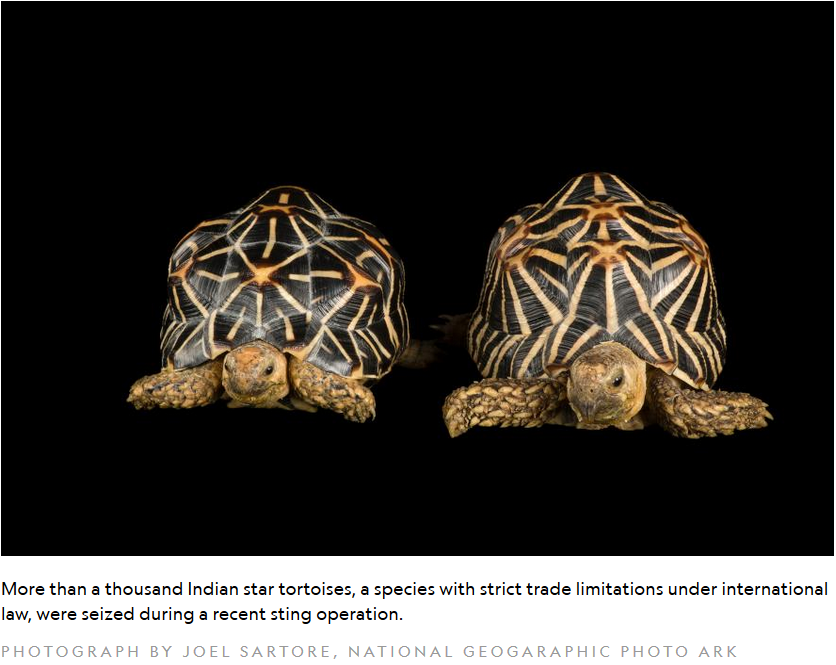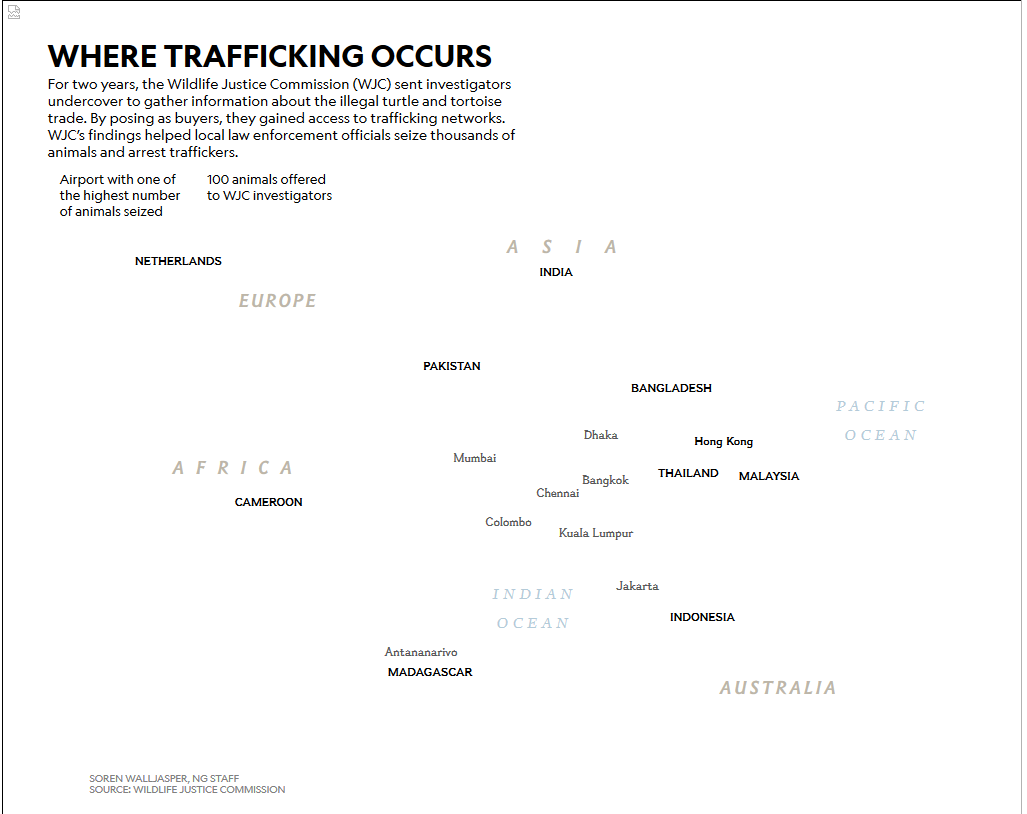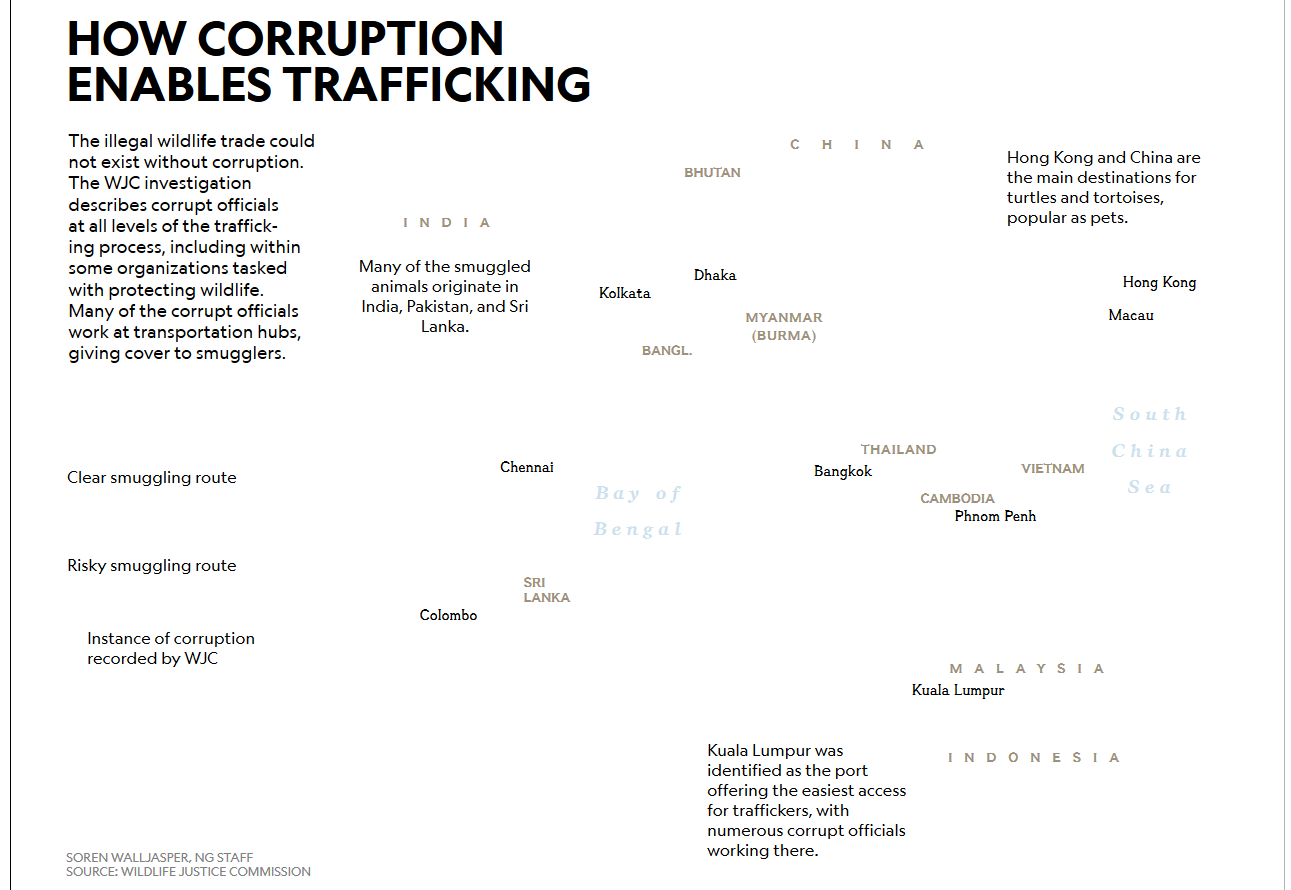Ex-Zimbabwe mayor arrested with 120kg of ivory
Author: AFP | Update: 11.03.2019 00:00
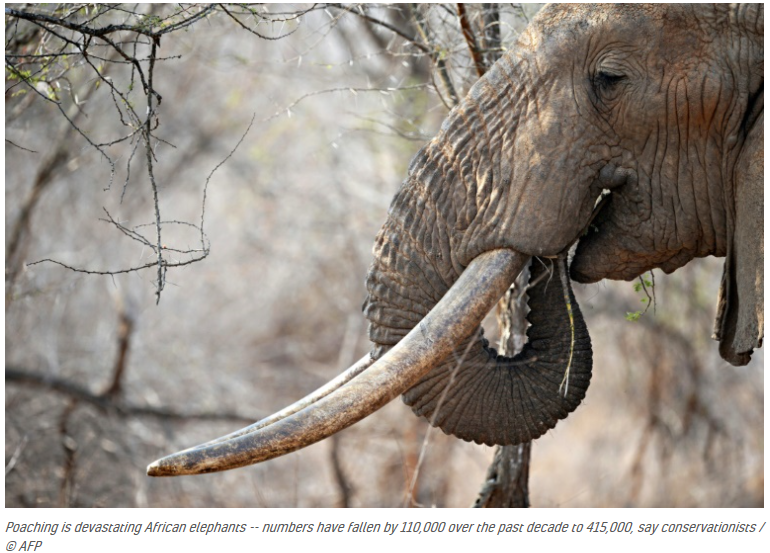
A former mayor of Zimbabwe's tourist hotspot Victoria Falls was caught with nine elephant tusks weighing 120 kilograms (264 pounds) and arrested with two other suspects, police said Friday.
A former mayor of Zimbabwe's tourist hotspot Victoria Falls was caught with nine elephant tusks weighing 120 kilograms (264 pounds) and arrested with two other suspects, police said Friday.
Sifiso Mpofu, 42, was elected mayor in 2013, serving until July last year when he lost to an opposition candidate.
He was arrested on Thursday night at his house in Mkhosana township, police said.
Acting on a tip-off, police and rangers swopped on the former mayor's house and found him and the two other suspects moving the tusks from a car, they said.
Two other tusks were found in a bedroom during a search of the house.
"Information was received that the accused were in possession of raw ivory," according to a police document seen by AFP.
Mpofu -- who is the younger brother of the country's former home affairs minister Obert Mpofu -- has been charged with illegal possession of elephant ivory.
He is expected to appear in court along with his two fellow suspects before the end of the weekend.
Following his election defeat last year he retreated to his game farm, Sifiso Hunting Safaris, which is situated between Victoria Falls and Hwange National Partk, the country's largest game reserve.
The arrest comes two months after seven Chinese nationals were arrested for money laundering and unlawful possession of rhino horn on December 23.
They were caught with more than 20 kilograms (44 pounds) of rhino horn pieces worth nearly $1 million.
The seven, aged between 23 and 35, are in custody and will return to the Hwange regional court next week.
Elephant tusks are highly coveted in some Asian countries, including China and Vietnam, where they are used for jewellery and ornamentation.
The demand has fuelled a boom in poaching and trafficking in Africa. The continent's elephant population has fallen by 110,000 over the past decade to just 415,000 animals, according to the International Union for Conservation of Nature (IUCN).

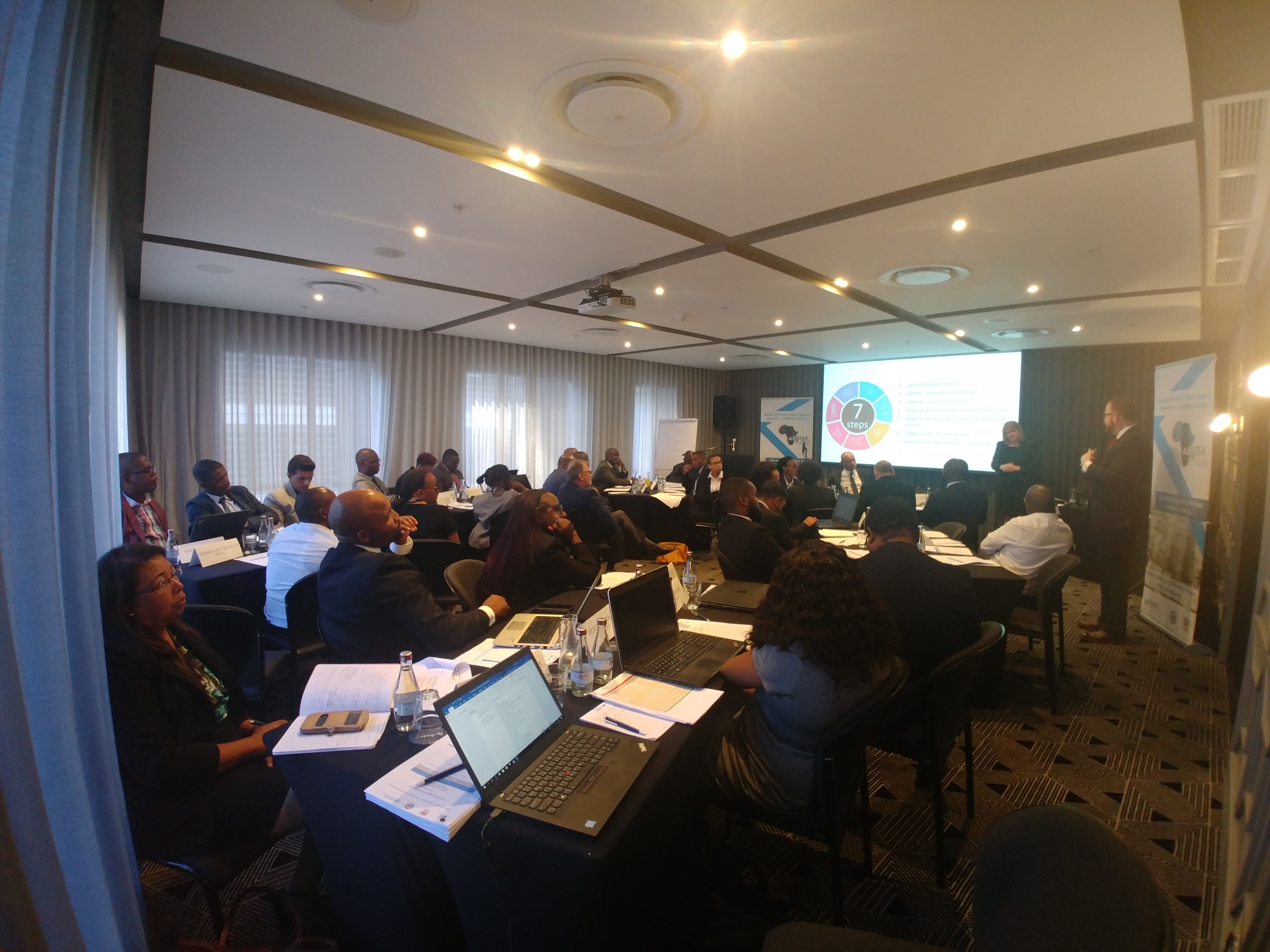
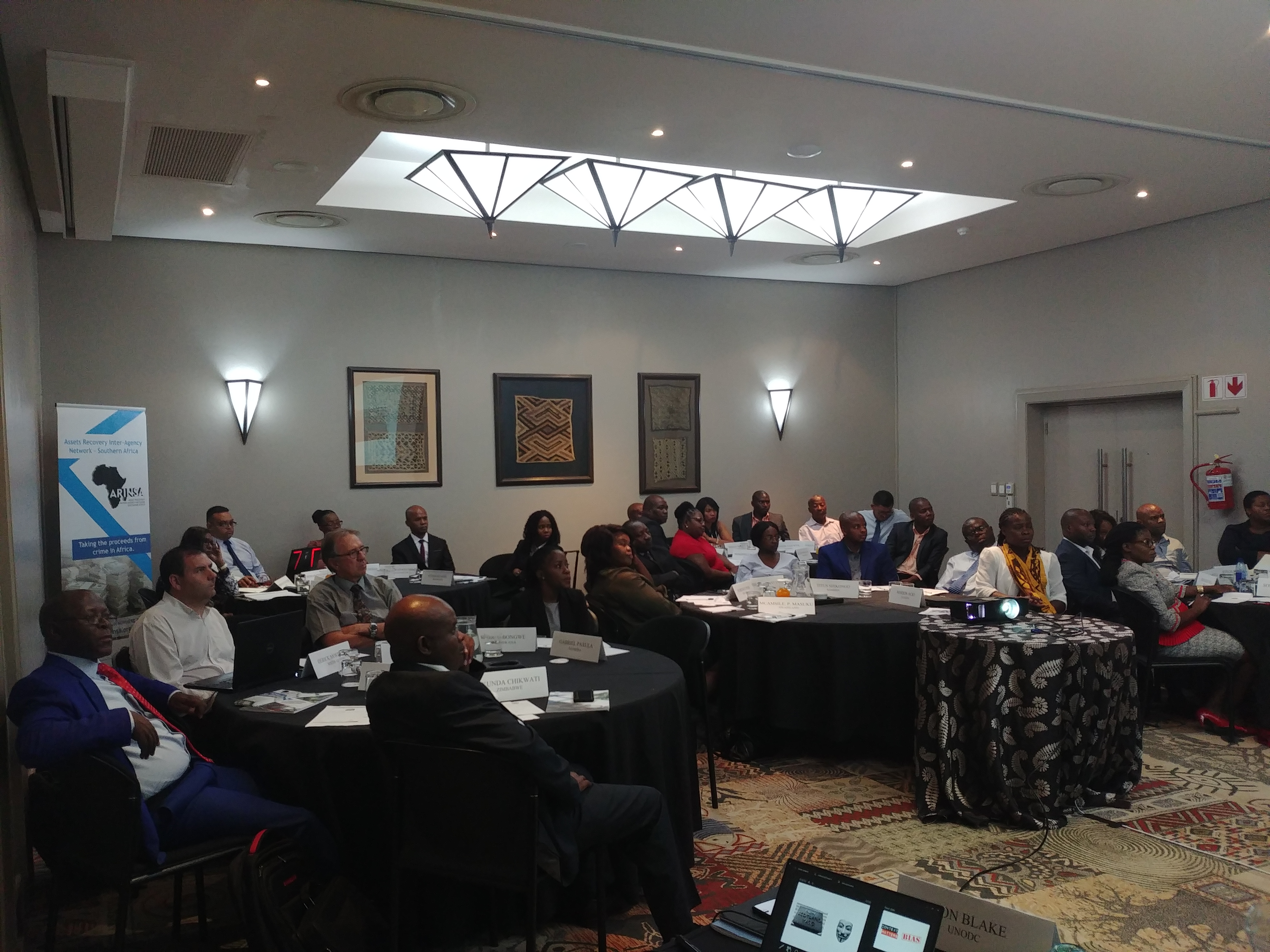 Electronic evidence is often
thrown out of the courts by the judiciary due to lack of permissibility and
attribution (the linking of a digital action to a person), yet on average an
internet user leaves a footprint in at least 30 places on devices, networks and
the internet” the workshop was told. Anecdotal evidence suggests that damage
caused by cybercrime worldwide is getting to 6 trillion a year. Most companies are affected by cybercrime
yearly, but they do not report to authorities for fear of reputational damage.
Electronic evidence is often
thrown out of the courts by the judiciary due to lack of permissibility and
attribution (the linking of a digital action to a person), yet on average an
internet user leaves a footprint in at least 30 places on devices, networks and
the internet” the workshop was told. Anecdotal evidence suggests that damage
caused by cybercrime worldwide is getting to 6 trillion a year. Most companies are affected by cybercrime
yearly, but they do not report to authorities for fear of reputational damage.